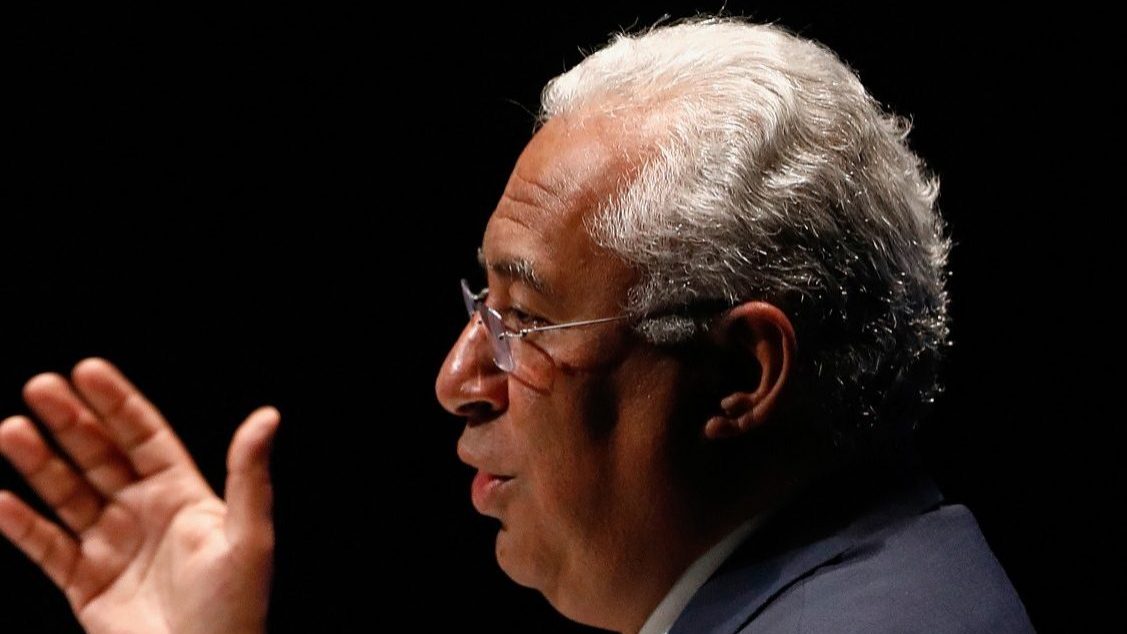Coronavirus: what is the State of Emergency?
Portugal declares the State of Emergency due to the Coronavirus pandemic. A measure that has never been used in Portugal's democracy.
Portugal has been on State of Alert since last Friday, but the rapid spread of the coronavirus in the country will force more dramatic and restrictive measures from the point of view of the population’s freedom to halt the outbreak.
However, the President of the Republic of Portugal, Marcelo Rebelo de Sousa, met with the Council of State this morning and, after the meeting, he decided to declare the State of Emergency. A measure that has never been used in Portugal’s democracy.
The declaration of the State of Emergency is of the exclusive competence of the President of the Republic but requires a favorable opinion from the Government – that already gave the assent – and the authorisation of the Assembly of the Republic. In addition, the Government is the entity that is legally responsible for the implementation of the measures established.
What is the State of Emergency?
According to the law firm SRS Advogados, the State of Emergency is a state of exception that can only be declared in cases of effective or imminent aggression by foreign forces, of serious threat or disturbance to the democratic constitutional order or of public calamity (arts. 19/2 of the CRP and 1/1 of RESEM), and allow the suspension or restriction of certain citizens’ rights, freedoms and guarantees, to the extent necessary to contain the threat.
The declaration of the State of Emergency gives the authorities the power to take all necessary and appropriate measures for the prompt restoration of constitutional normality (art. 19/8 of the CRP), specifying, where appropriate, the degree of strengthening of the powers of the civilian administrative authorities and the support to be provided by the armed forces (art. 9/2 of RESEM).
Measures that can be taken
- In the case of a health emergency, the measures to be adopted should be particularly restrictive of citizens’ mobility and freedom, which may involve quarantine and forced isolation.
- It should be noted that the conditioning or prohibiting of the movement of people and the circulation of vehicles may also be imposed, in which case the authorities have to ensure the necessary means to comply with the provisions of the declaration, particularly with regard to the transport, accommodation and maintenance of the affected citizens (art. 2/2/c) of RESEM).
- Public authorities have the power to limit or prohibit religious celebrations and other events of worship involving a crowd of people.
- Any type of publication, radio and television broadcasts and cinema or theatrical performances may also be suspended, as well of any publications seized.
- The Government can also appoint commissioners of its choice to ensure the functioning of public institutions, public and nationalized companies and other companies of vital importance in these circumstances (art. 21 of RESEM).
Duration of the State of Emergency
The duration may not extend for more than 15 days, without prejudice to any renewal, for one or more periods with the same limit. The President of the Republic must fix its duration by mentioning the day and time of its beginning and end. The declaration may be revoked if circumstances so require.
Implications for companies and workers
When declaring the State of Emergency, measures to support companies and workers should be established, as was the case upon the declaration of the State of Alert.
If mandatory quarantine and/or isolation measures are implemented, companies will have to implement remote working to ensure the continuity of their activities or implementing a temporary reduction of hours. The companies can also suspend employment contracts.
Consequences for those who do not comply with the restrictions decreed
- Whoever fails to comply with the measures established in the declaration of the State of Emergency will be incurring a crime of disobedience (art. 348 of the Penal Code), punishable with imprisonment for up to 1 year or with a fine of up to 120 days. (art. 7 of RESEM).
- In the case of a crime of qualified disobedience, the sentences will be doubled, with a prison sentence of up to 2 years and a fine of up to 240 days.


